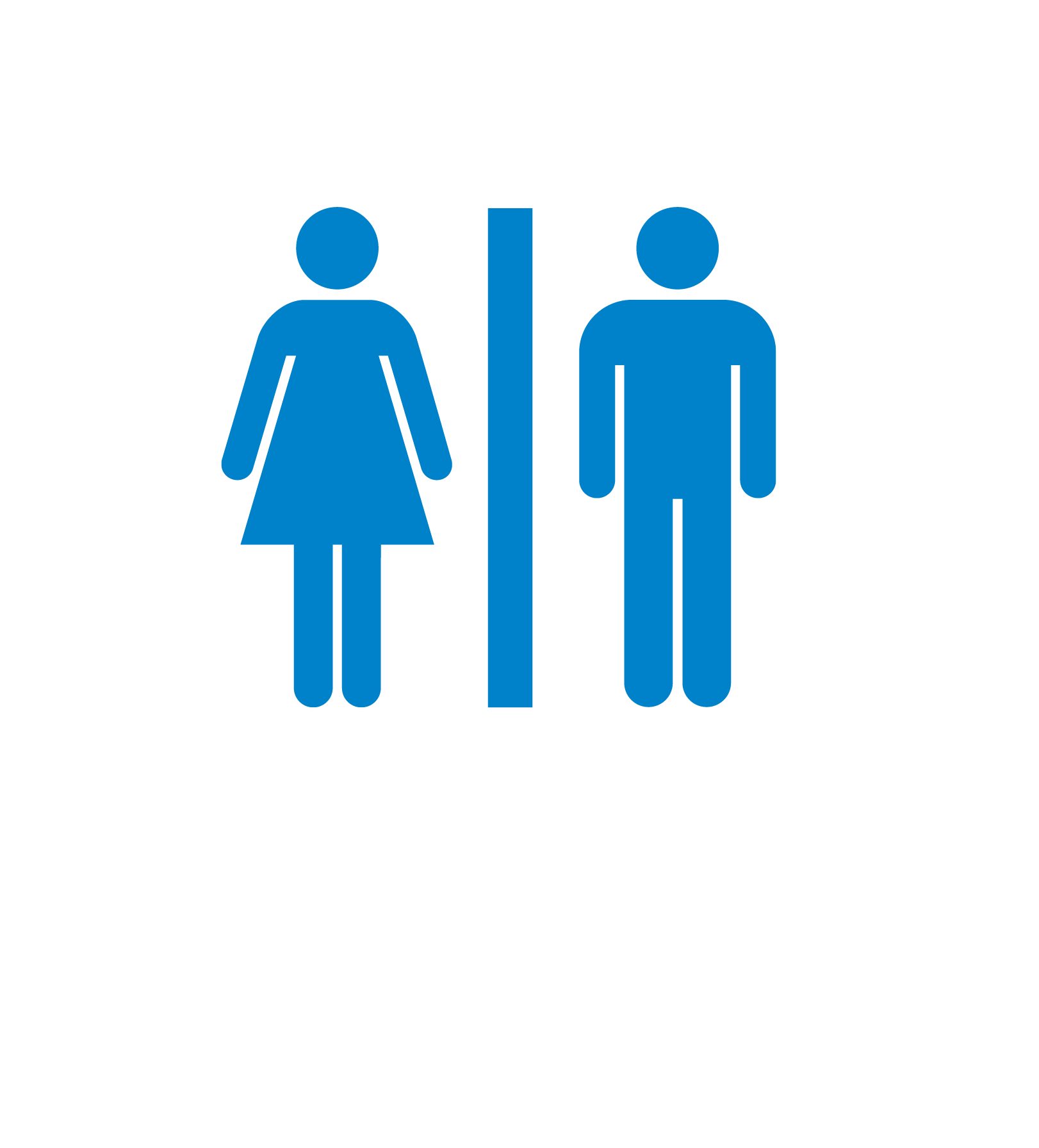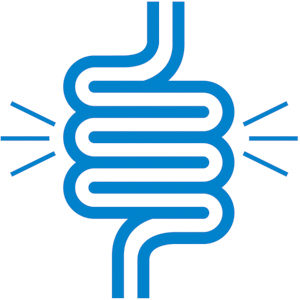Prostate Cancer Treatment Side Effects
Managing side effects of radiation treatment for prostate cancer
Today, radiation treatment is more precise than ever; overall, the chances for major long-term issues from radiation are less than 5%, and most can be managed. You may not experience any side effects at all. Other men might have side effects that will clear up in weeks or months following treatments.
Why is it important to have an empty rectum and full bladder?
Your bladder and rectum are very close to other organs in your pelvis and their size can affect their position. By keeping these organs the same size for your simulation and daily radiation treatments, your radiation therapy will be more accurate. This will also help to reduce some of the side effects of your radiation therapy.
Please follow the below instructions on the day of your simulation and each day of your radiation treatments:
You can maintain a full bladder for simulation and treatment by:
- 75 minutes before your simulation/treatment you should first urinate and then drink 20 ounces (2 ½ cups) of water. We recommend that you complete drinking the 20 ounces of water 1 hour before your simulation/treatment to avoid delays.
- Don’t urinate again until after your simulation/treatment.
- If you are unable to hold the urine for that full hour, please let your nurse or therapist know.
You can maintain an empty rectum for simulation and treatment by:
- Trying to have a bowel movement within the 4 hours prior to your simulation and each of your radiation treatments. Try to pass any gas 1 hour prior to simulation and each treatment. If you do not have a bowel movement every day please talk with your nurse.
Here are some common short-term side effects. If you are experiencing any of these, or have questions about any symptoms, talk to your MRO care team.
-

Urination:
Blood in the urine or pink-colored urine is common for a few days following the implant.
Increase your fluid intake to flush any blood from the urine. You may experience urinary
frequency (especially during the night) and a burning sensation during urination. These
symptoms usually subside within 2-3 weeks following the implant. If you experience difficulty
urinating following the implant procedure, talk to your urologist.Long Term Side Effects:
You may continue to have ongoing problems with urination. Please notify the Radiation Oncologist. The Radiation Oncologist may refer you to your urologist. If the urologist recommends a urinary procedure to help the symptoms (i.e., TURP), remember: NO PROCEDURE SHOULD BE PERFORMED WITHOUT PRIOR NOTIFICATION OF YOUR RADIATION ONCOLOGIST.
-

Bowels:
It is not uncommon for you to go without a bowel movement for the first day or two after the implant. You do not need to use a laxative—bowel function will return on its own. Rarely, you will note more frequent bowel movements and a looser consistency to the stool.
Some bruising, discoloration, swelling of the testicles or implant area may occur. An ice pack may help to decrease the discomfort.
Long Term Side Effects:
Very rarely, you may have on-going problems with bowel irritation. Please notify your MRO care team. They may refer you to a colon-rectal specialist for evaluation. It’s important to remember: NO BIOPSIES OF THE RECTUM SHOULD BE PERFORMED WITHOUT PRIOR NOTIFICATION OF YOUR MRO CARE TEAM.
For questions to ask your provider, see our FAQ page.